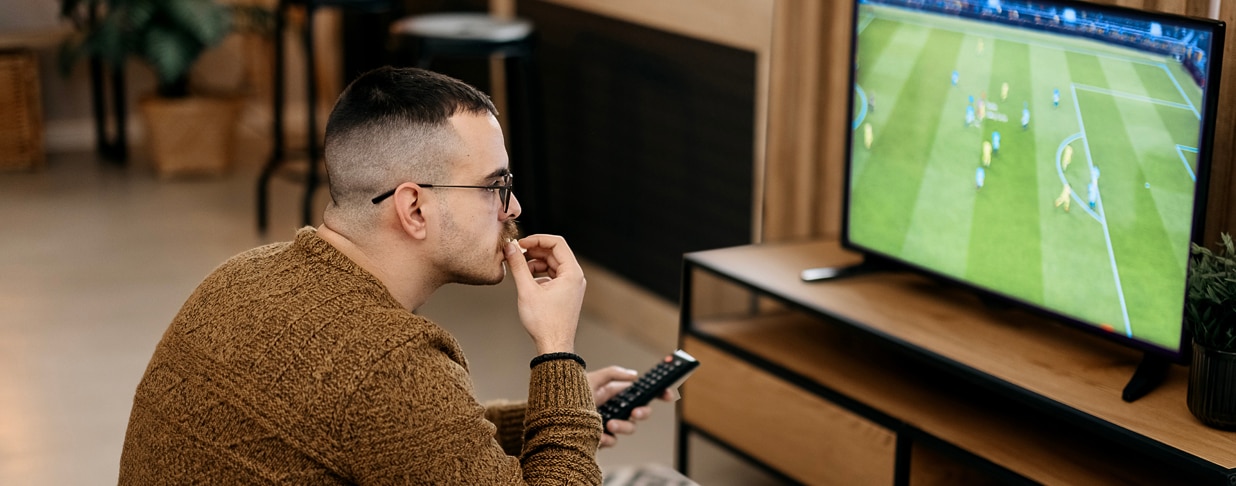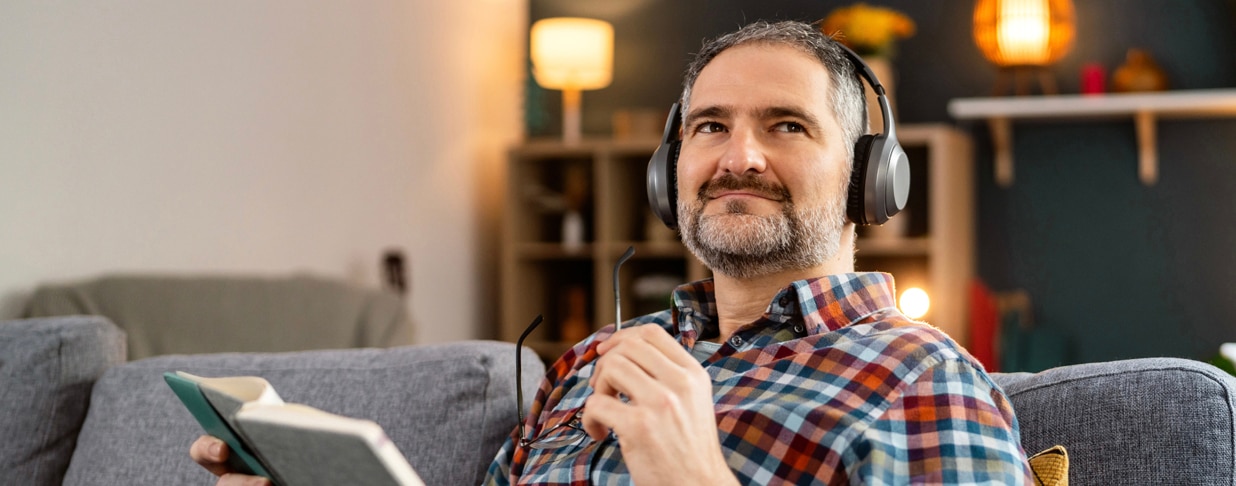Our eyes are one of the most fascinating organs in the human body, but they are also the subject of many myths and misconceptions. From age-old advice to quick online searches, it can often be difficult to see the truth about eye health.
MYTH: Reading in dim light damages your eyes
FACT: Reading in dim light can be challenging due to poor contrast which causes eye strain and makes eyes feel tired. But it won’t cause any permanent damage. Good lighting can make reading more comfortable, but it doesn’t impact long-term eye health.
MYTH: Sitting too close to the TV will harm your eyes
FACT: Sitting close to the TV can cause eye strain and fatigue but won’t cause permanent damage.
MYTH: Carrots are the only food that improves vision
FACT: Vitamin A in carrots is good for your eyes, but many other foods also support eye health. Leafy greens, fish rich in omega-3 fatty acids, and antioxidant-rich fruits like blueberries and oranges are also beneficial.
MYTH: Wearing glasses or contacts will weaken your eyes
FACT: Wearing corrective lenses does not weaken your eyes; instead, they help you focus and prevent eye strain. Any changes in your prescription over time are due to the natural aging process of your eyes, not because you wear glasses or contacts. For children, not wearing their prescribed vision correction can cause their vision to worsen over time.
MYTH: Eye exercises can eliminate the need for glasses
FACT: There is no scientific evidence that eye exercises can cure refractive errors like myopia, hyperopia, astigmatism or presbyopia. While certain exercises might help with muscle imbalance, eye strain and coordination issues, they won’t eliminate the need for corrective lenses.
To learn more, speak with your EyeMed representative or visit eyemed.com




